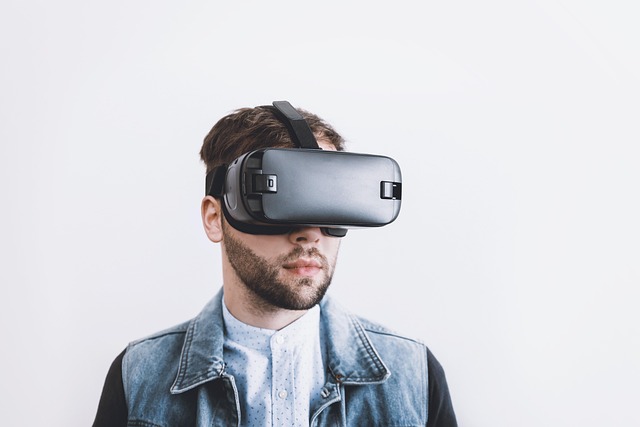Revolutionizing Test Preparation: Harnessing Simulation for Knowledge Building in Online Education
In today’s fast-paced world, online education has emerged as a vital component of academic success. An innovative approach that has gained significant traction in recent years is the use of simulation for test preparation. This method not only enhances efficiency but also fosters deep knowledge building among learners.
The concept of simulation is captivating—imagine being able to immerse yourself in a virtual environment that closely mimics real-life scenarios. This method transcends traditional rote memorization and engages students in active learning, allowing them to apply concepts in a meaningful context. Gone are the days of monotonous studying; it’s time to embrace a more dynamic educational experience.
One noticeable advantage of incorporating simulation into test preparation is the way it caters to various learning styles. Visual learners can benefit from interactive graphics, while auditory learners can engage with voiceovers and auditory cues. Kinesthetic learners, on the other hand, can participate in hands-on, real-world tasks that envelop them in the learning process. This holistic approach ensures that all students find a pathway that resonates with them.
Furthermore, online education inherently allows for a flexible schedule, enabling students to practice simulations at their convenience. This flexibility promotes self-directed learning, allowing individuals to revisit challenging areas and tackle them until mastery is achieved. What better way to build a solid foundation of knowledge than through tailored, repeatable practice?
Moreover, simulation fosters an environment that encourages safe exploration and experimentation. Students can test their knowledge without the fear of failure impacting their real grades. This risk-free setting enables learners to make mistakes, learn from them, and refine their understanding without the typical pressures associated with traditional testing methods. In essence, it cultivates resilience and adaptability—skills that are invaluable in today’s ever-evolving world.
The impact of simulation stretches beyond testing; it becomes a powerful tool for lifelong learning. As students prepare for future challenges, they develop critical thinking, problem-solving, and analytical skills that are essential in both academic and career pathways. By embracing this innovative approach, educators can create a generation of learners who are not only knowledgeable but also equipped to navigate complex situations with confidence.
As we delve deeper into the realms of online education, the synergy between simulation and knowledge building will undoubtedly redefine how we prepare for tests. It bridges the gap between theory and practice, transforming the learning landscape into something far more engaging and effective. So, why settle for conventional study methods when you can immerse yourself in a world where every lesson feels relevant and applicable?




